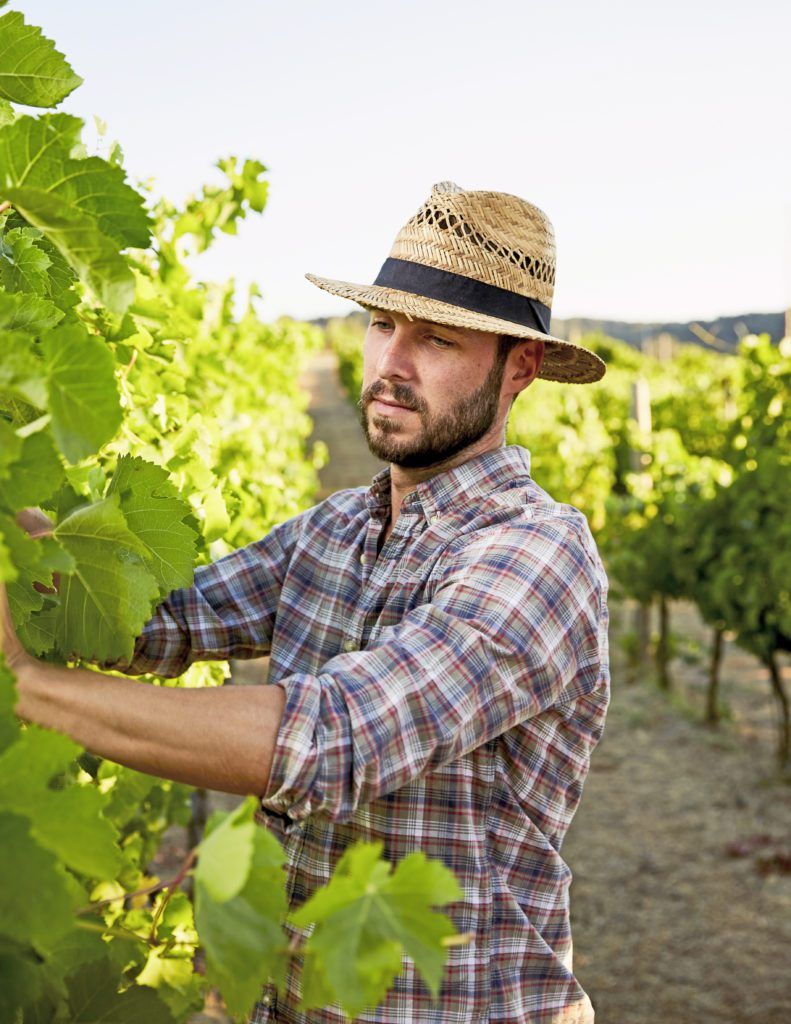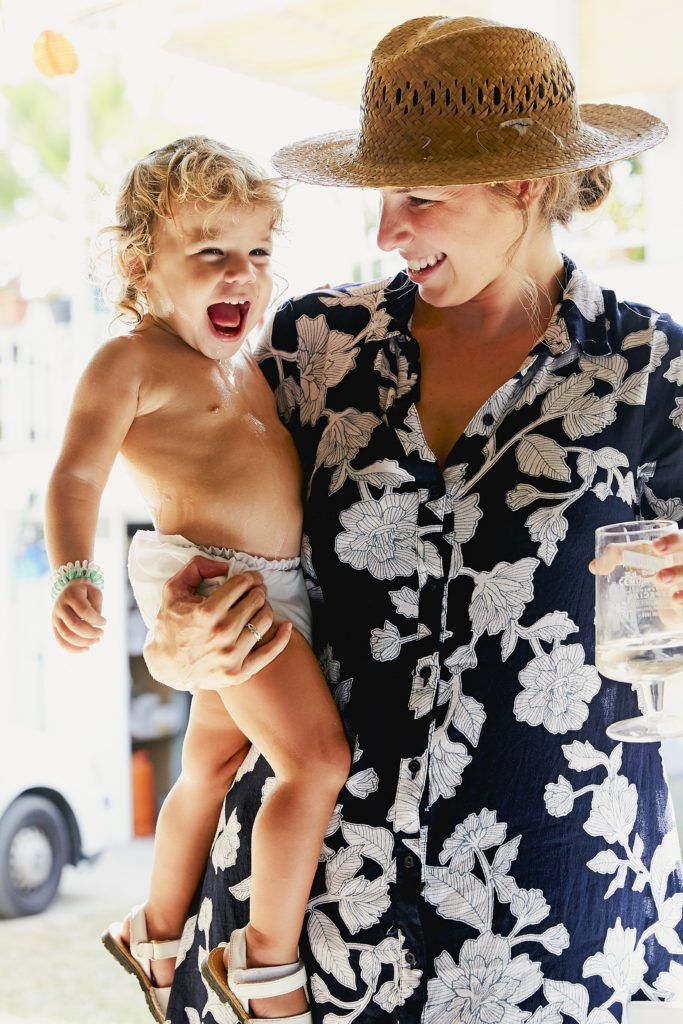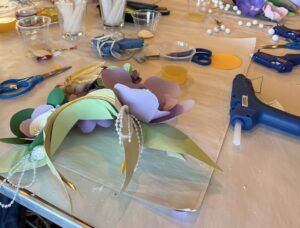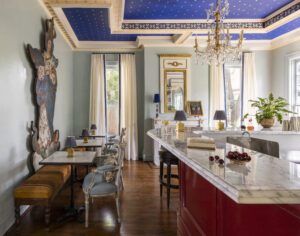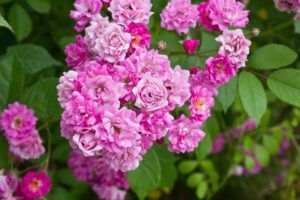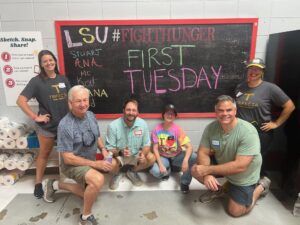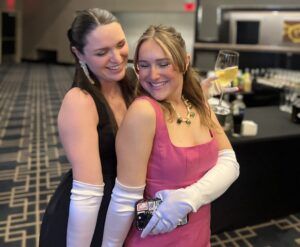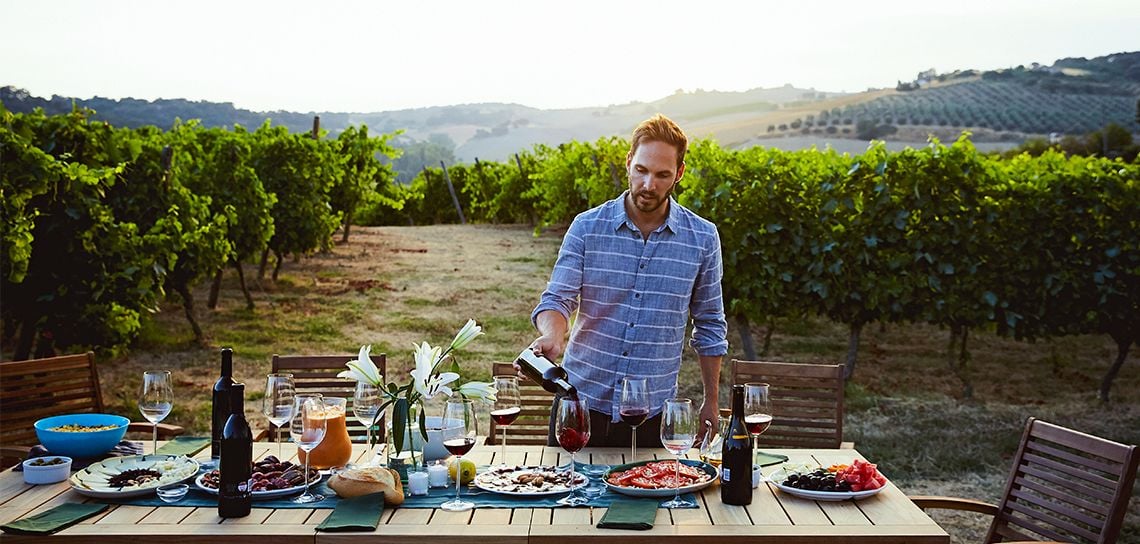
Old world wine: A Baton Rouge native with his own Spanish vineyard
‘I have sought everywhere the city of my dreams, and I have finally found it in Ronda.”
These are the words of the early-20th-century Austrian poet Rainer Maria Rilke, but they just as easily could have been uttered by Baton Rouge native Christopher Scott Myers. Like Rilke, Myers traveled from continent to continent before he fell under the spell of this southern Spanish town.
And hey, what’s not to love? Ronda is resplendent in its postcard-worthy setting atop sheer limestone cliffs that drop 400 feet down into a gorge. From the town’s Puente Nuevo or “new bridge”—which was built in the 1700s—turistas can see centuries-old whitewashed buildings set upon a backdrop of verdant countryside and rolling mountains.
It is within this spectacular scenery that Myers now finds himself the owner of a winery and 8-acre vineyard. He spends his days among dirt rows and is anticipating the release of the first bottles under his Bodega Luis y Ana label in 2020. At first glance, it might seem an unlikely venture for a former finance major from south Louisiana, but for Myers, this adventure feels a lot like coming home.
The second of six siblings, Myers graduated from The Dunham School in 2000 and spent his college years at Ole Miss before heading to New York City to begin a career in the financial industry. For nearly a decade, he spent long hours working for a boutique investment bank.
“I had some great years there and I made some of my best friends there, but by the end of that time, I was burned out,” he says. “I didn’t have any balance in my life. I didn’t like the person I had become. I had other ideas in my head, and I wanted to break away and explore those ideas.”
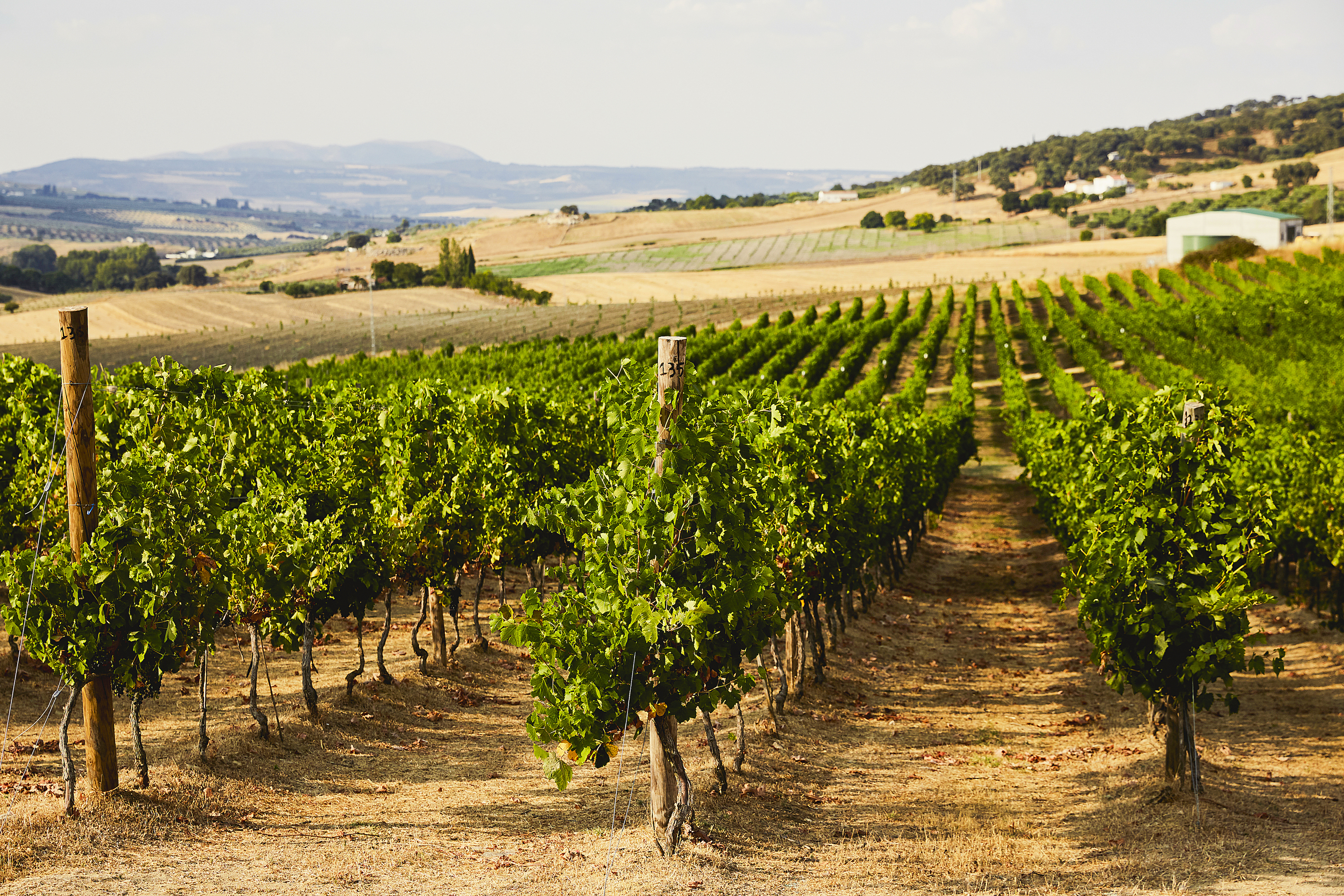
So Myers headed south. In Medellín, Colombia, he taught English to children caught up in the humanitarian crisis, and in Buenos Aires, Argentina, he tried his hand as a reporter for the online news organization PanAm Post.
“It’s cliched, but I wanted to do something that I was passionate about,” he says. “When you live outside the United States, it can be lonely, but all that time alone gives you the ability to think and figure things out.”
Instead of a crystal ball, Myers found clarity about his future inside a shoebox in Mexico. A friend had convinced him to consider falling back on his business background by interviewing for a financial job in Mexico City. But first, Myers had to purchase a pair of shoes that would be appropriate for the meeting.
“I looked at those shoes and I thought, I do not want to do this,” he recalls.
Myers never did lace up those leather wingtips. Instead, he threw himself headfirst into a wholly different vocation, one that traded profit statements for pruning shears. Certain that he would not go back to the world of finance, he pulled a workplace 180 by pursuing new knowledge in a very different sphere.
“I had always had a romantic idea about farming, and I wanted to see the Baja coast, which has a small region where wineries are located,” he says. “I wrote to every winery, offering to volunteer and learn. I wanted to work in the field. I wanted to sweat. I wanted to get my hands dirty learning the process.”
One of the wineries invited him to do just that, so he poured himself into this new experience, getting hands-on exposure to nearly every aspect of the grape cultivation and winemaking process. “I got a crash course in viticulture and enology, and I fell in love with the work,” he says. “My favorite part was being outside with the vines, working with my hands. Working in the field, dealing with the product that you’re going to end up consuming, really spoke to me.”
At the same time, Myers delved into the science of his new calling, enrolling in courses from the University of California at Davis’ well-known winemaking program. Armed with a new blend of real-life know-how and academic insight, he was ready to take on a larger role. But where?
“At first I was thinking I would stay in Mexico, but then I started talking about it to my sister Leigh, who had lived in Spain with her husband for five years,” he says. “They encouraged me to come here and to learn how they do it in Spain.”
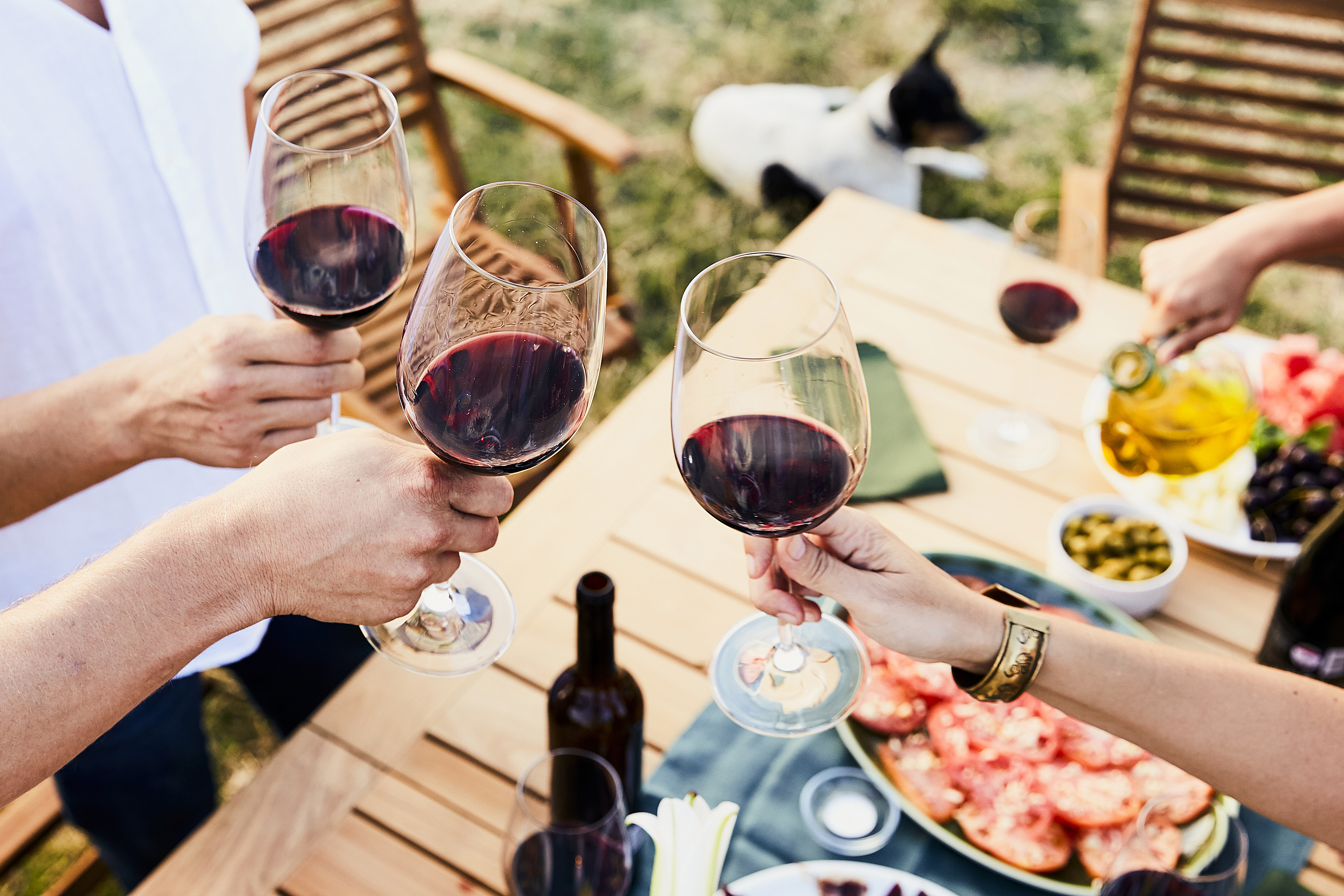
It was the perfect proposal at the perfect time. After years away from his tight-knit family in Louisiana, Myers was longing for a closer connection to his loved ones. Moving to Spain would allow him to more regularly see his sister while also pursuing this new profession. He packed his belongings—minus that pair of dress shoes—and headed for Europe in 2017.
He hadn’t been in Spain for long before he happened upon a 10-year-old syrah vineyard that was for sale in the Serranía de Ronda, the mountainous region surrounding the ancient town of Ronda. The vineyard was only about an hour’s drive from Málaga, the coastal city where Leigh and her family live.
“When I first drove up to the vineyard and saw the beauty of this place and of the views all around it, that hit me,” he recalls. “But I put a lot of thought and prayer in before I made the decision. It was really a leap of faith.”
And that’s how a Baton Rouge boy came to be responsible for 8 acres of grapevines on a mountainside in southern Spain. He and Leigh, who also plays an integral role in this venture, dubbed the new winery Bodega Luis y Ana as an homage to their Baton Rouge beginnings. While he threw himself into the daily work of caring for the land and the vines, Myers also continued to study the complex aspects of growing good grapes that make good wine. He found a mentor in a nearby winery owner and still consults with him on nearly a daily basis. But Myers embraces the fact that true mastery may never come.
“My mentor said you’re never going to learn everything about wine,” Myers says. “The fact that wine is a sacrament explains it all—it’s kind of mystical. You think you’ve got your hands on it and then you get humbled.”
From the start, Myers determined that his approach to winemaking would be centered around nurturing the vineyard, rather than using chemicals and extreme measures to manipulate the process. It helps that the farm is ideally situated at an elevation of 2,600 feet and experiences the hot summer days and cool nights optimal for grape growing. “I’m trying to do everything organically,” he says. “It’s backbreaking work, but it will be worth it in the long run.”
If the grapes are good, Myers explains, the wine itself won’t require much tampering during fermentation. “These vines were planted really well, so I don’t want to intervene too much,” he says. “I want to let nature take its course. That may be a more artisanal or old-school way of doing it, but that speaks to me. It means we’re going to have a little more variety from year to year.”
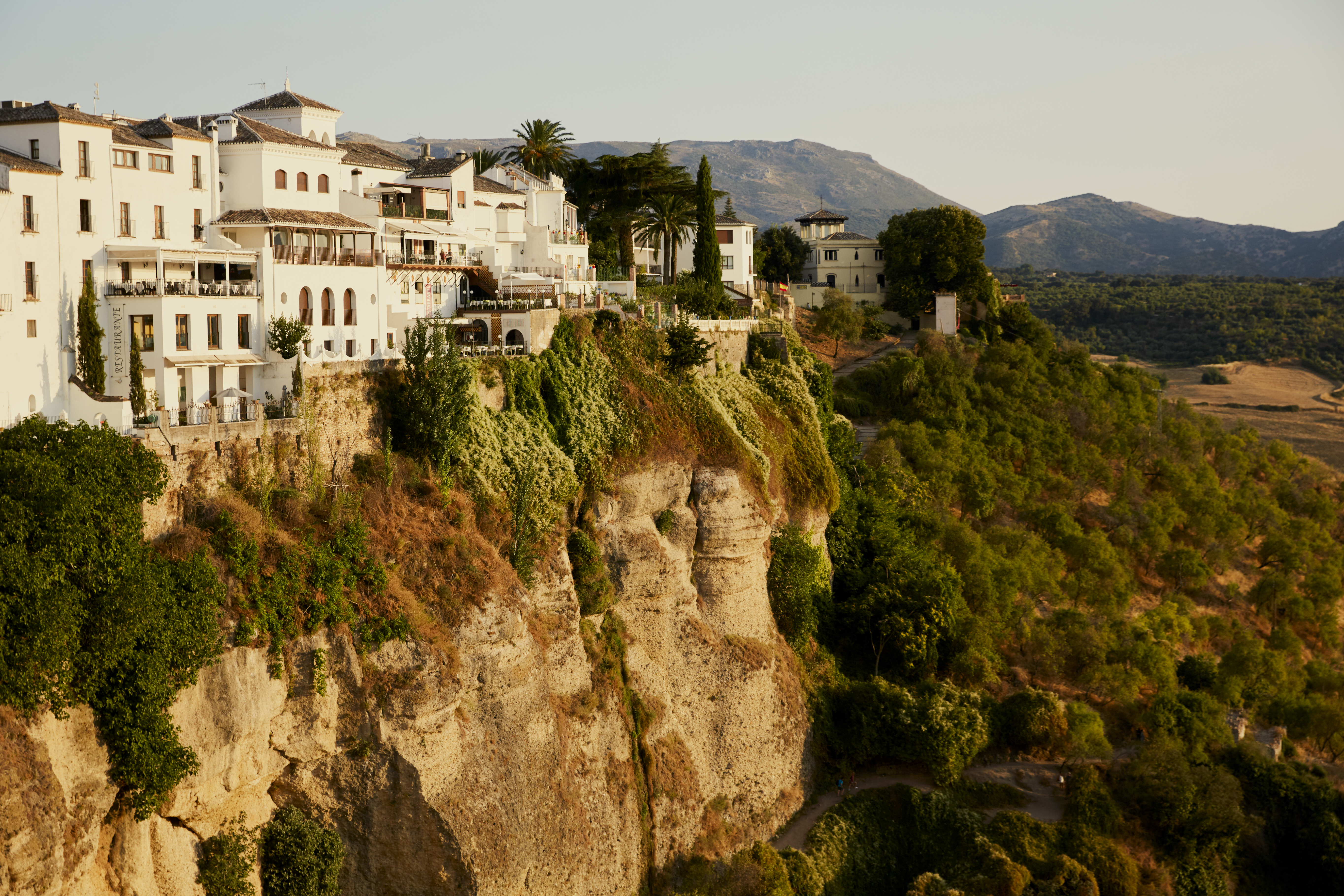
Bodega Luis y Ana’s first harvest in October of 2018 was a thrilling moment for Myers, who expects the first bottles of wine from those grapes to be ready as early as 2020. The farm has a capacity of 12,000 to 15,000 bottles, which he says is a “drop in the bucket in the world of wine,” but that fits right in with his desire to start small and eventually grow his production size, either by buying grapes or by acquiring more land. All the while, he is soaking up all the wisdom this ancient land with its millennia-long legacy of winemaking has to offer.
“This region in particular has a long history,” he says. “I look at Roman ruins every day from the vineyard. They’ve been making wine here for 2,000 years.”
The history of the region surrounding Ronda is as rich and complicated as the wines it produces. Cave paintings found not far from here are believed to date back more than 20,000 years, to the Paleolithic Period. Ronda’s position on a high plateau made it a strategically desirable location for many conquering civilizations, and dating back to the 6th century B.C. it was occupied in succession by Celts, Romans, Germanic tribes known as Suebi, Visigoths and Moors. Christian rule came to the area in the late 1400s, and today the Catholic influence is woven into the town’s character.
When the citizens of this area weren’t warring, they were making wine. The ancient neighboring town of Acinipo’s very name means “land of wines,” and evidence suggests that grapevines were planted here as early as 600 B.C. Ernest Hemingway, one of many famous names who visited and lived here, wrote of Ronda, “The whole city and its surroundings are a romantic set … nice promenades, good wine, excellent food.”
Myers says he is continually inspired by that heritage, and by the friendly people of Ronda themselves, who have adopted this American expat as one of their own. Leigh’s large extended Spanish family, too, has become his own family away from home. “They all come and help me when they can,” he says. “Leigh is such a big part of this. She got me here and she is my moral support. Her family has welcomed me in, and that softens the blow of being so far from the rest of our family.”
Bodega Luis y Ana’s future could hold the addition of a rosé to the offerings, or perhaps other grape varieties if Myers increases his acreage. He envisions opening a tasting room and an event space and perhaps even villas where wine tourists could stay for a night or two. But for now, his focus is a singular one. “I’ve got a lot of ideas,” he says. “But first I want to get a handle on the wine. I want the wine to be something I can be proud of.”
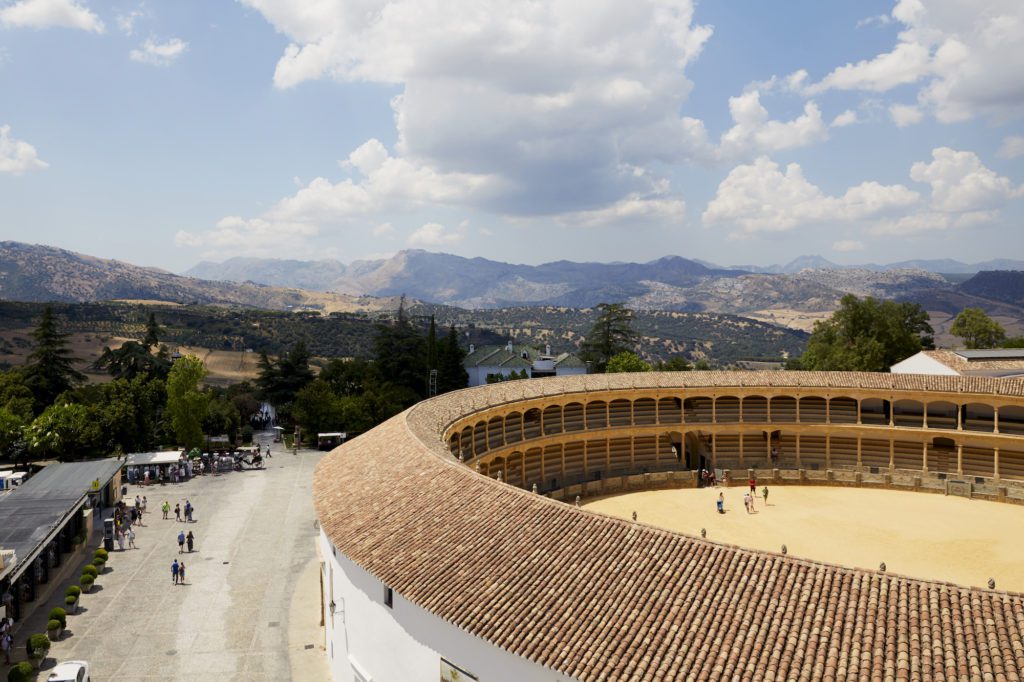
Meanwhile, he finds comfort in the many surprising similarities between the ways of life in south Louisiana and southern Spain. “Much of the culture in both places is centered around family and agriculture and food and drink and music,” he says. “Paella and jambalaya are not that different.”
The parallels don’t end there. The traditional Holy Week processions that recently passed through the streets of Ronda, for example, featured elaborately decorated floats and costumed participants who are members of longstanding brotherhoods—not a far cry from south Louisiana’s Mardi Gras krewes. “It really is fascinating to see how alike these two cultures are,” Myers says.
Still, forging a path where none of your own ancestors have trod can be overwhelming at times, even if you are doing it in a place of breathtaking beauty written about by poets. It is at those times that Myers literally returns to the roots of what drew him here in the first place.
“There are days when I ask myself what I’ve gotten myself into,” Myers admits. “But this past Monday, for example, I spent all day working with the vines from dawn to dusk, and then I called Leigh and said, ‘This is why I do this. This is what I love.’ Obviously, I’ve got a lot to learn. And here, I’m learning every day.”




